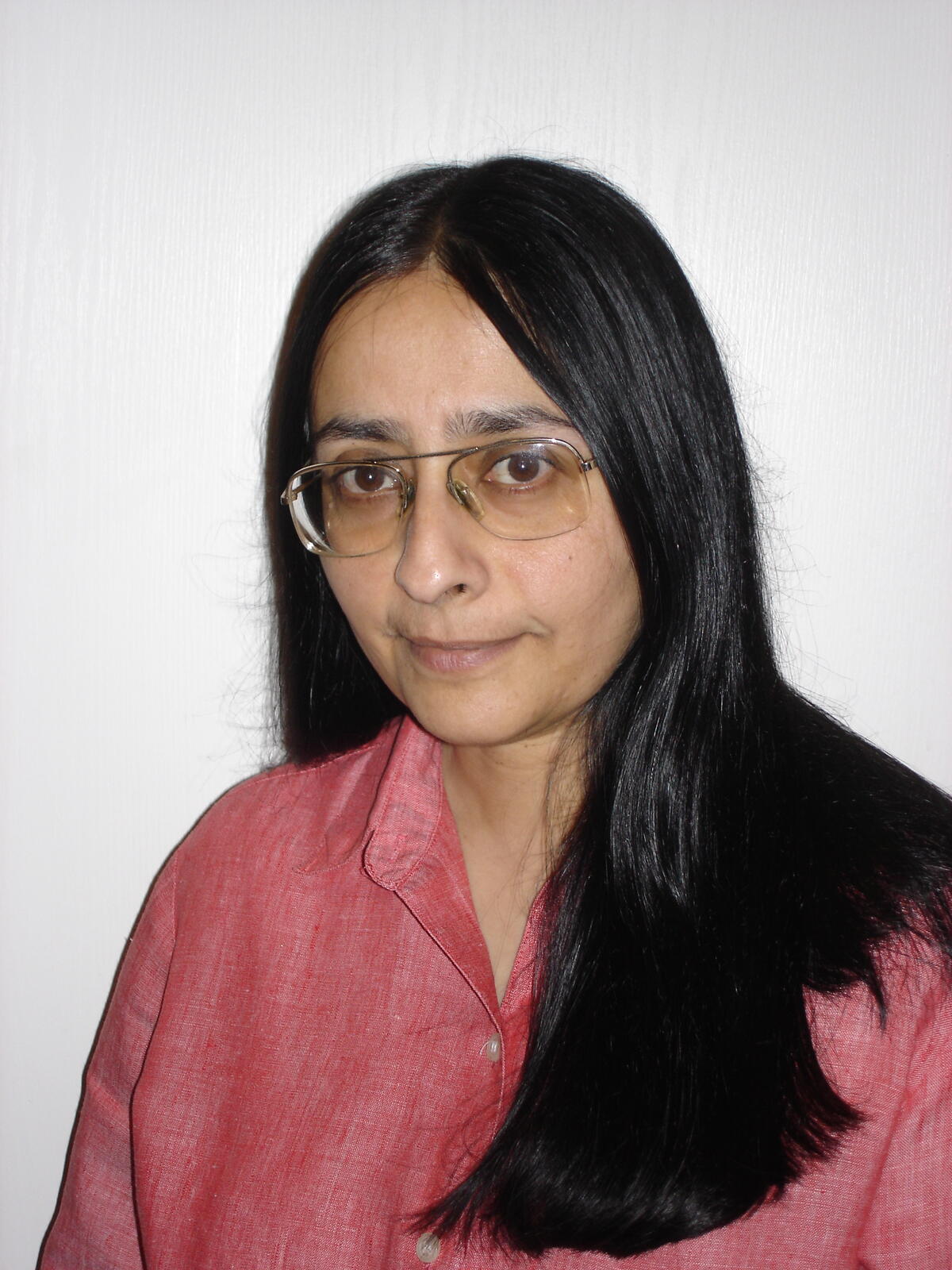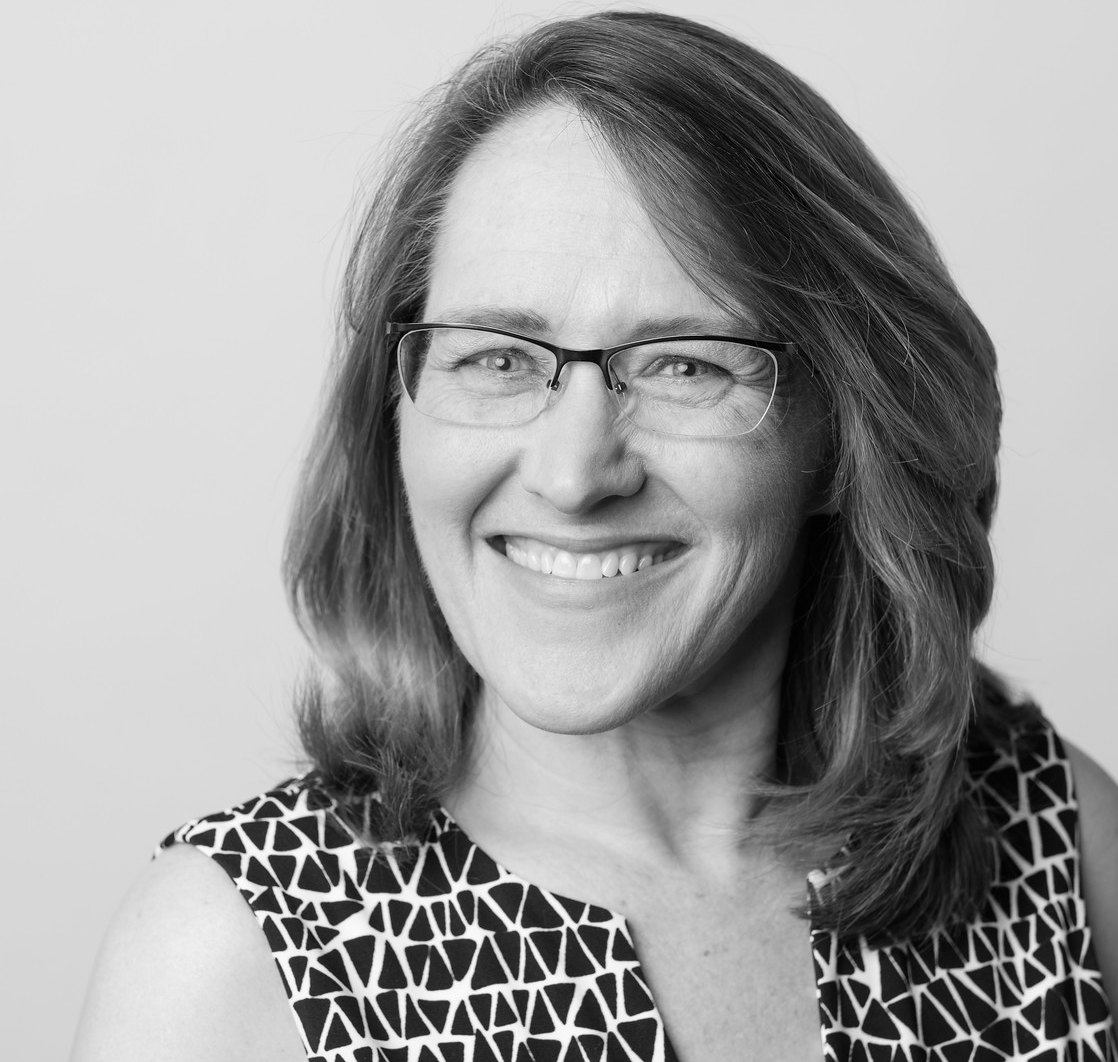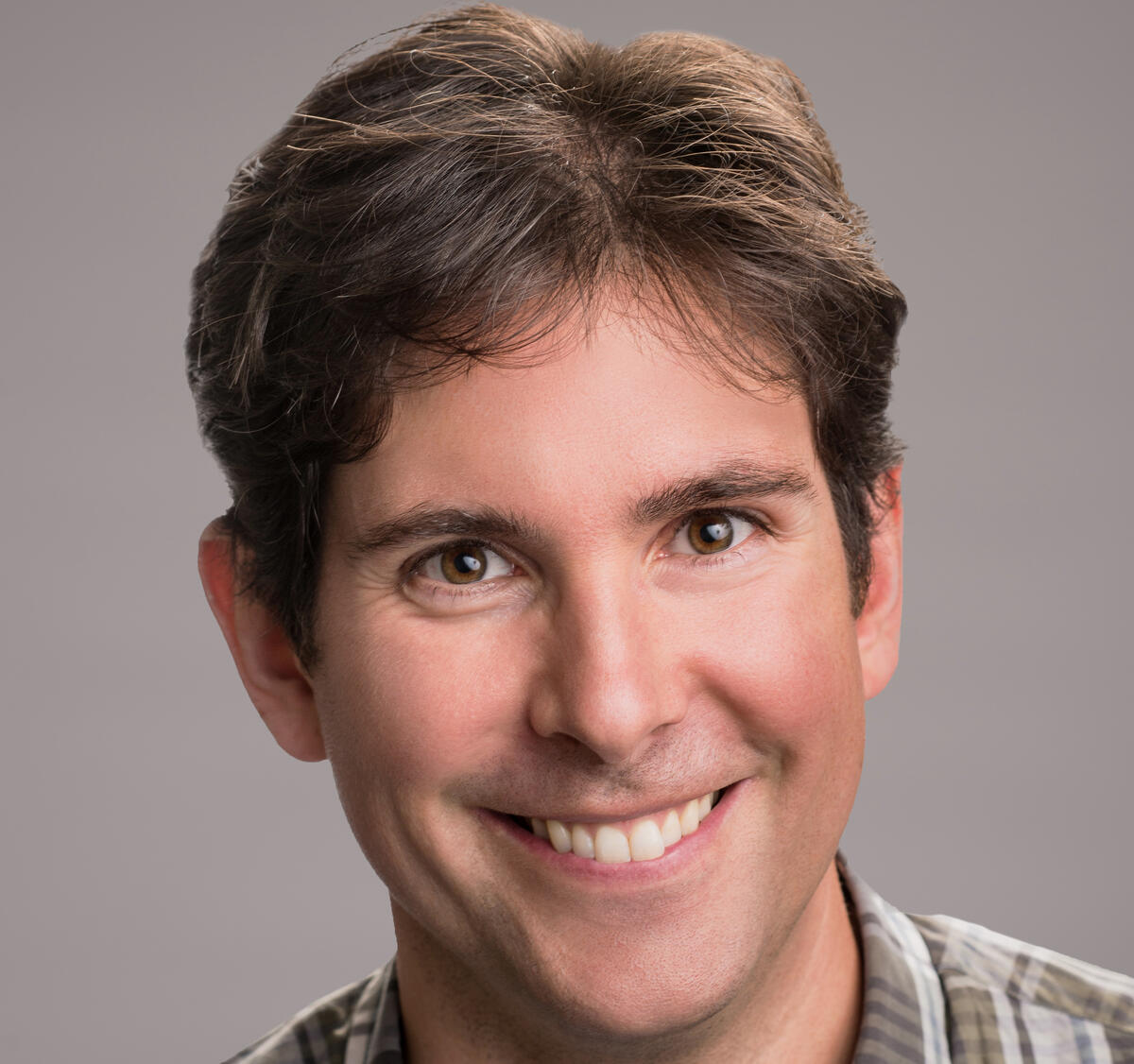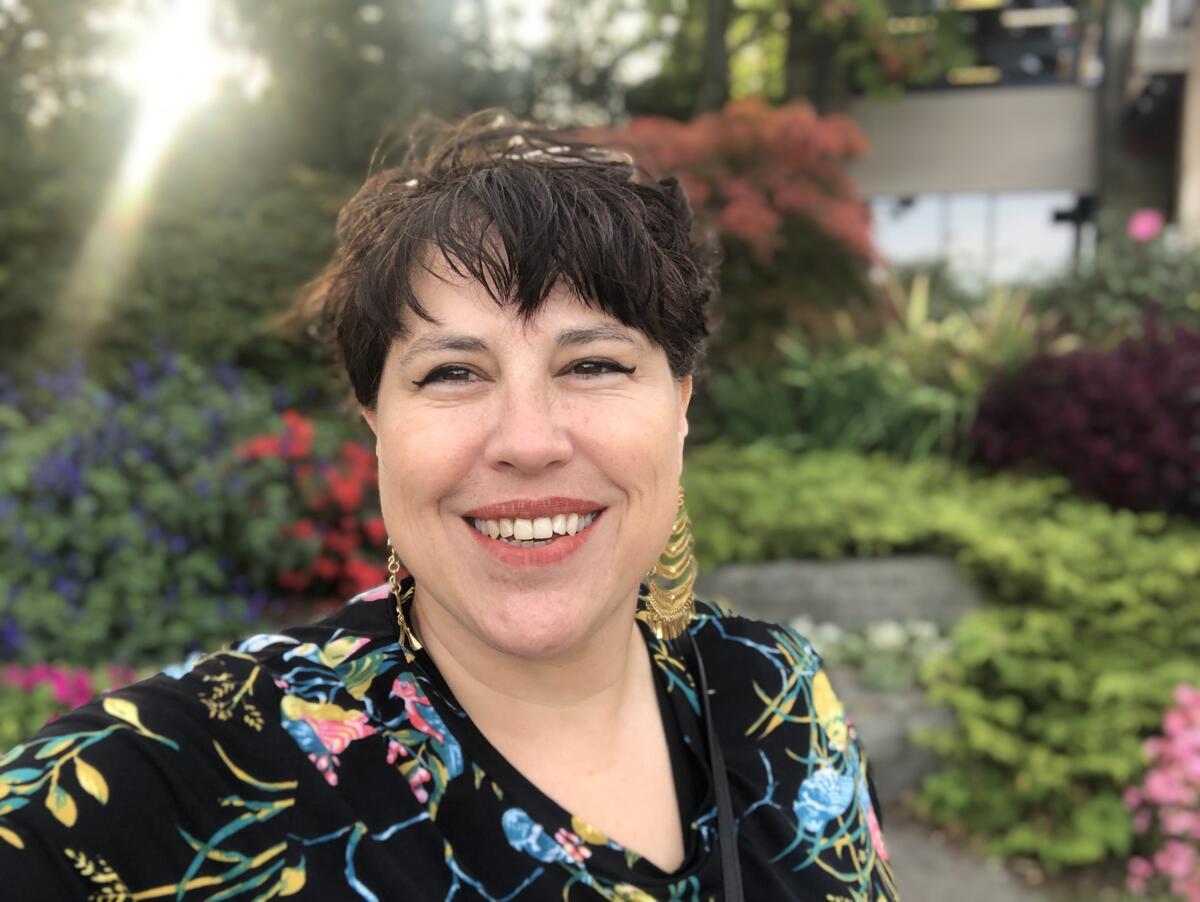Kelechi Nnebedum fell in love with science and technology at Los Medanos College in Pittsburg, Calif. The biology behind mental health disorders fascinated her, writing code captivated her and the engineering feats of places like NASA awed her.
But when she transferred to UC Berkeley to be a data science major and walked into classes with only two other girls and no other Black students, she felt intimidated. Though she said that everyone’s been welcoming, she found it daunting to ask questions in rooms like that.
“I grew up and went to community college in an area that is predominantly people of color. I never felt alienated in my STEM classes because I was just surrounded by people that looked like me,” said Nnebedum. “It's definitely been a little bit of a culture shock.”
Nnebedum’s experience is part of a broader dilemma. Women, Black and Hispanic individuals are currently and have historically been underrepresented amongst science, technology, engineering and math (STEM) college degree recipients and technology companies' workforces and leadership. This long-term trend has limited access to high-paying, highly-desired jobs for certain groups and can lead to the development of biased algorithms and products that harm the public.
Berkeley’s Division of Computing, Data Science, and Society (CDSS) is working to fix that, increasing awareness of and access to the data science field through intentional changes in how it teaches, supports and reaches students. It’s already seeing shifts in who learns about this field and graduates with related credentials. As a top university sending students to nearby Silicon Valley, faculty and staff hope their success will change the make-up and decision-making of these technology companies and other entities in the field.
“The group of people who are data scientists has to be as broad as possible, so that a broad array of questions get asked, a broad array of problems are given importance and decisions are made mindfully of the communities that they are going to affect,” said Ani Adhikari, faculty director of pedagogy for Berkeley’s Data Science Undergraduate Studies (DSUS) program. “We've also always heard that knowledge is power. Knowledge now, in some ways, is encapsulated in data. Data are powerful… and so [the group of people who are data scientists] needs to be broad.”
A ‘unique way to understand the world’
There are plenty of reasons for the lack of diversity in STEM, according to Jill Finlayson, director of the EDGE in Tech Initiative at the University of California. The group aims to increase participation and advancement of women and people of color in technical fields.
Students coming from under-resourced schools may be less able to access STEM education if they have to compete for STEM majors with limited enrollment. Unequal representation in these fields can be a deterrent for students who don’t see themselves in their professors or potential mentors. And unequal networks can limit students’ chances of finding internships, jobs and other opportunities.
This is a problem for companies and the field, just like it is for students, Finlayson said. Research shows companies with more women and people of color in leadership and on staff are more likely to experience sustained and profitable growth, are better able to attract and retain talent, make good decisions, reduce risks and build stronger relationships with their consumers.
“We need people from different ethnicities, genders, regions, economic backgrounds and lived experiences because they're going to bring different perspectives” to problems, Finlayson said. Diverse teams “come up with better and more complete solutions that work for more people. They can serve more markets. They get better results.”
When Berkeley started its DSUS program, campus faculty and staff wanted to help ameliorate these challenges. They created courses aimed at teaching students who may not have coded or taken statistics before. They left the major uncapped to reduce competition between students. And they developed programs, like Data Scholars, to help students see their potential and find community in the field.
They also focused on how data science methods can solve social problems starting in its earliest courses, including its Data 8 introductory course. They collaborated with non-STEM faculty to do the same in their classes. This approach, which reflected how data science was being used in research collaborations with other fields, attracted students who might not normally be interested in or exposed to STEM.
“Every STEM discipline has its own powerful ideas and perspectives that give it a unique way to understand the world around us,” said John DeNero, the associate dean of undergraduate studies for CDSS. “I think a challenge for all STEM disciplines is to discover how to relate those very powerful conceptual ideas that are central to their discipline to the problems that students are already motivated to work on.”
‘This is a space for me’
Today, Berkeley's data science program is increasingly diverse. The share of students from underrepresented minority backgrounds enrolled each semester in Data 8 has nearly tripled, from 5 percent of the 96 students in fall 2015's inaugural class to 14 percent of 1,433 students this fall. More than half of Data 8 students each semester from fall 2019 through this fall were women.
More than half of Data 8 students each semester from fall 2019 through this fall were women.
The Data Scholars program, which started as a support course for students taking Data 8, now also has initiatives for other parts of their data science journey like higher level classes and research. It’s also serving more students, as demand grows. For example, its Data 8 companion program served 63 students last school year. This year, it will support 158.
And the data science major’s population of women and underrepresented minority students have grown with each of its first three graduating classes. These early successes reflect how much of a priority diversity is for CDSS and DSUS, Adhikari said.
“These programs have been able to grow because the resources have been put behind them,” she said.
A number of other programs and “third rail” organizations on campus are focused on supporting women and underrepresented minorities in STEM majors and courses, whose efforts no doubt contributed to these successes. Take the D-Lab, which co-founded the Data Scholars program, leads research projects to understand how to make data science education inclusive and provides its own inclusive learning community
There’s much more to do, Berkeley faculty and staff said. For example, D-Lab Founding Executive Director Claudia von Vacano pointed to the disparities in representation between educators and students in data science as a key problem where more progress needs to be made. Some efforts, like D-Lab’s Discovery Fellows, help women and people of color in graduate school to mentor undergraduates, but these initiatives are only a start, she said.
“If students can't see themselves in their role models, then they don't necessarily receive the message that these academics are for them,” von Vacano said. “Representation is essential in order for our younger scholars to feel like, ‘Oh, this is a space for me.’”
“Representation is essential in order for our younger scholars to feel like, ‘Oh, this is a space for me.’”
An opportunity to give back
Still, progress is being made. On a Tuesday this January, Nnebedum walked the hill on campus towards Evans Hall for a Data Scholars tutoring session. She tried to calm her nerves. This semester, she was a tutor, and she felt an immense responsibility to her students.
As the session began, Nnebedum walked to each table. She reframed homework questions for students sitting where she sat last semester and talked through functions they could use in Jupyter Notebooks. In those moments, students’ eyes lit up above their masks: they were learning. She was relieved.
“I really wanted to give back to the program,” Nnebedum said. It turns out, tutoring also “really solidified that I made the right choice in deciding to be a data science major and in coming to Berkeley, where there are so many resources for people who may not have grown up in a place that have all these coding boot camps that allow them to learn this stuff at an early age.”
“It's a really nice feeling,” she said, “to see someone finally gain a little bit more confidence in their ideas.”






